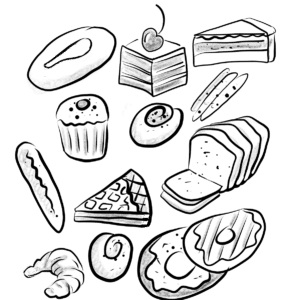
How Going Gluten-Free Transformed our Home
Hi, I’m Melissa, Beth asked me to explain how going gluten-free made a difference in our household. I have a
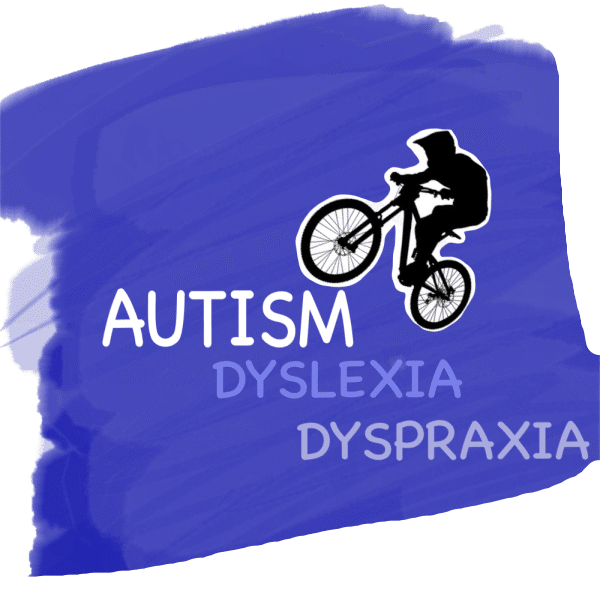
In 2017 Max represented New Zealand at the Enduro World Series in Rotorua. He won the Open Men’s Santa Cruz NZ Enduro competition in 2019, and in 2020 he took out top spot in the Linger & Die Enduro at the Senior Men’s event. Along the way, he’s clocked up numerous other biking achievements.
When Max was a preschooler, the paediatrician told his parents, Carol and Matthew, that their son had dyspraxia, hypersensitivity disorder, dyslexia and autism. He said Max would never function independently, attend a ‘normal’ school or, devastatingly to this cycling-mad family, ride a bike.
Today, Max is one of the top-selling mountain bike sales consultants in New Zealand. He enjoys competing in mountain biking and in his spare time he volunteers at his local bike club designing and setting up courses for races. His future looks bright. He has a lovely girlfriend and a job that he adores. However, the road he has climbed to overcome his learning difficulties has been challenging.
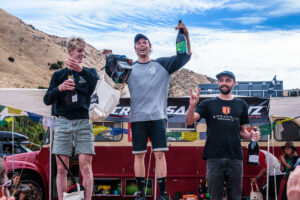
If you want to read how I helped my dyslexic son to read and write check out this blog post.
And for more information check out these affiliate links
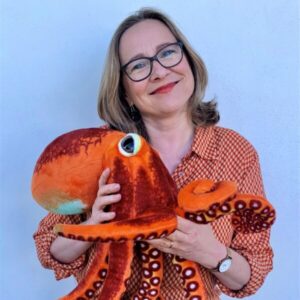
Hi, I’m Beth. Seven years ago, when I discovered my son had dyslexia, I had a ‘light-bulb’ moment and understood this explained many of my own difficulties. Ever since, I’ve been on a mission to discover the best ways to wrestle what I like to call the dyslexia octopus.

Hi, I’m Melissa, Beth asked me to explain how going gluten-free made a difference in our household. I have a
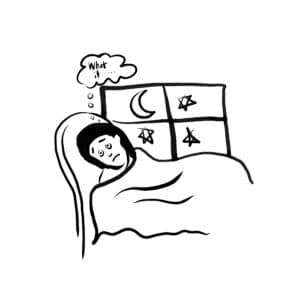
It’s 4 AM and I’m going over what happened to Harry at school yesterday, wondering how best to help. My